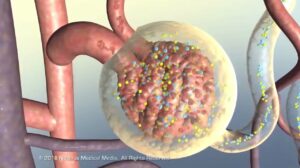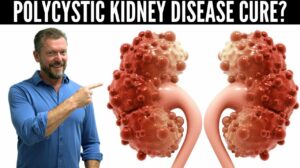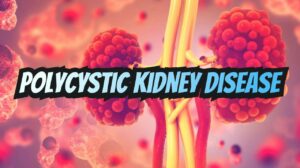NEW YORK (Reuters Health) – Impaired kidney function related to treatment of childhood cancer does not recover over time, according to a Dutch study reported in Cancer Epidemiology, Biomarkers & Prevention online September 24.
“Childhood cancer survivors have an increased risk for impaired kidney function after specific cancer therapies; however, it was not known whether their kidney function recovers with time or if it gets worse,” said lead author Dr. Renée Mulder in a journal press release. “This is the first longitudinal cohort study that takes into account multiple measurements of kidney function over time.”
For their study, Dr. Mulder, at Emma Children’s Hospital/Academic Medical Center in Amsterdam, and colleagues evaluated serial estimated GFR determinations in 1,122 adults patients who were treated for childhood cancer at the investigators’ institution between 1966 and 2003. Potentially nephrotoxic therapies included ifosfamide, cisplatin, carboplatin, high-dose methotrexate, high-dose cyclophosphamide, radiotherapy to the kidney region, and nephrectomy.
The mean GFR at 5 years after diagnosis of childhood cancer was 132.1 mL/min/1.73m² in patients who had undergone nephrotoxic treatment compared with 139.0 mL/min/1.73m² among those who had not received nephrotoxic therapy. At 35 years post-diagnosis, mean GFR had declined to 95.2 and 100.2 mL/min/1.73m² in the two groups, respectively.
“The differences in GFR between the two groups were highly significant (p<0.001),” the authors report.
Ifosfamide, higher doses of cisplatin and nephrectomy in particular were associated with worse glomerular dysfunction (GFR <90 mL/min/1.73m²), the team found. Also, older age at diagnosis of childhood cancer was associated with a lower GFR.
“It is essential to realize that our population is still young (median age 28 years) and has a long life expectancy,” Dr. Mulder and colleagues point out. “As glomerular function continues to deteriorate, CCS (childhood cancer survivors) will be at increased risk for premature chronic renal failure.
Furthermore, they continue, “For CCS treated with ifosfamide, higher doses of cisplatin and nephrectomy, special attention is warranted as deterioration occurs earlier which poses this group at additional premature risk.
In the press release, Dr. Mulder added: “Health care providers and survivors should be aware of the increased risk of early kidney damage after nephrotoxic treatment for childhood cancer, because these patients are also at increased risk for developing comorbidities, such as cardiovascular disease,”
SOURCE: Glomerular Function Time Trends in Long-Term Survivors of Childhood Cancer: A Longitudinal Study
Cancer Epidemiol Biomarkers Prev 2013.




